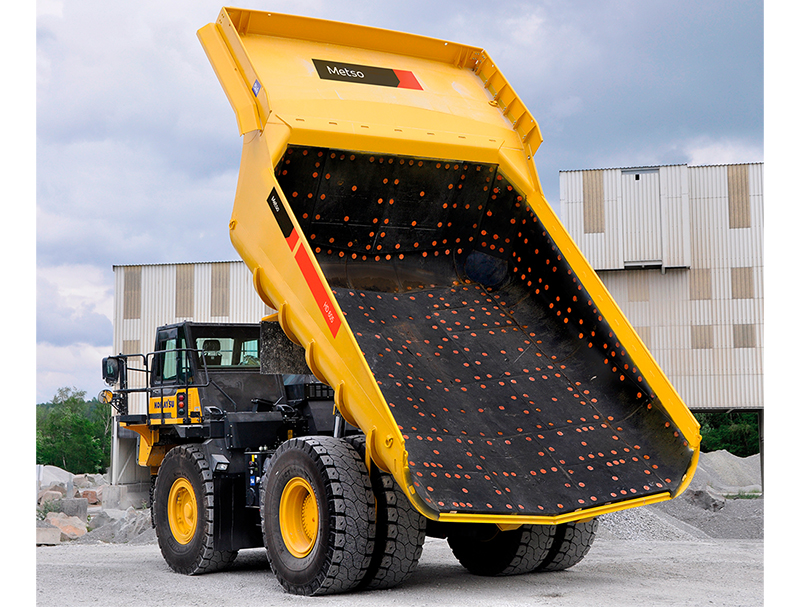
DE Plant, part of the Thriplow Group, developed the all-electric vehicle with Tarmac, a major UK-based sustainable building materials and construction solutions supplier. The product demonstrates next-generation technology that could replace its diesel-powered counterparts, offering huge carbon savings and on-site safety benefits.
Bond coat sprayers are used country-wide to distribute a thin layer of heated bitumen, sprayed between layers of asphalt to bind them together when laying a road. Tarmac and DE Plant also partnered with Volvo and Schäfer-technic to develop the all-electric, zero-emission sprayer, which offers carbon savings of 1.12kg CO¬2e/km – equivalent to driving 6,000km in a diesel car.
The electric sprayer was used for the first time on the A120 in Essex. Once fully operational, the sprayer is set to service the area surrounding the M25 and help contractors to cut carbon emissions on road surfacing projects across East Anglia and the South East.
DE Plant worked with Volvo to develop the chassis, benefitting from the automotive manufacturer’s expertise in developing electric vehicles (EVs) in Europe. Schäfer-technic, custom construction machinery manufacturer, has developed the specialist tanker, sprayer and nozzles.
As part of the project, Tarmac has also worked with BituChem to develop a new product to replace traditional bitumen. In the absence of a diesel generator to keep the bitumen warm and ready for spraying, the company’s Bondcoat Duo was created to be used as a cool product meaning the battery’s energy can be conserved as there is no requirement for hot material on site. National Highways has approved the use of Bondcoat Duo on the strategic road network, which has the potential to offer further carbon savings if used by existing bond coat sprayers as there would be no need to use diesel to heat the product for use.
The electric bond coat sprayer has a 200kw battery pack installed which can be fully charged in two-four hours depending on the charge connection, and has a range of almost 100 miles per charge.
Phil Greenin, framework delivery manager at Tarmac, commented: “Tarmac has ambitious sustainability goals to be at the forefront of implementing low CO2 transport and logistics solutions across the highways and construction industries.
“Playing a part in the delivery of the world’s first electric bond coat sprayer has been incredibly exciting for the team, and further demonstrates our commitment to supporting the delivery of net zero targets.”
Scott Emmett, founder and CEO of Thriplow Group, added: “Thriplow Group has prided itself over the years in setting the standards for bond coat sprayers. Running a fleet of the newest, most technical and safest vehicles in the market still wasn't enough for us.
“We are proud to have been able to work with our long term partner Tarmac and National Highways to be able to bring this project to market. Being the world’s first all electric bond coat sprayer demonstrates how a collaborative approach can really work to change the operation when others said it couldn't be done.”
Steve Elderkin, director of environmental sustainability at National Highways said: “Reaching net zero highways is going to require big thinking, ongoing innovation and the continued development of low-carbon technology and materials.
“The environmental challenges we face can only be achieved by working together. It’s great to see Tarmac and DE Plant doing that – an example of partnership working within the field resulting in a new technique being introduced on our road network.
“I look forward to further collaboration working with our supply chain partners and stakeholders to achieve our environmental commitments."













